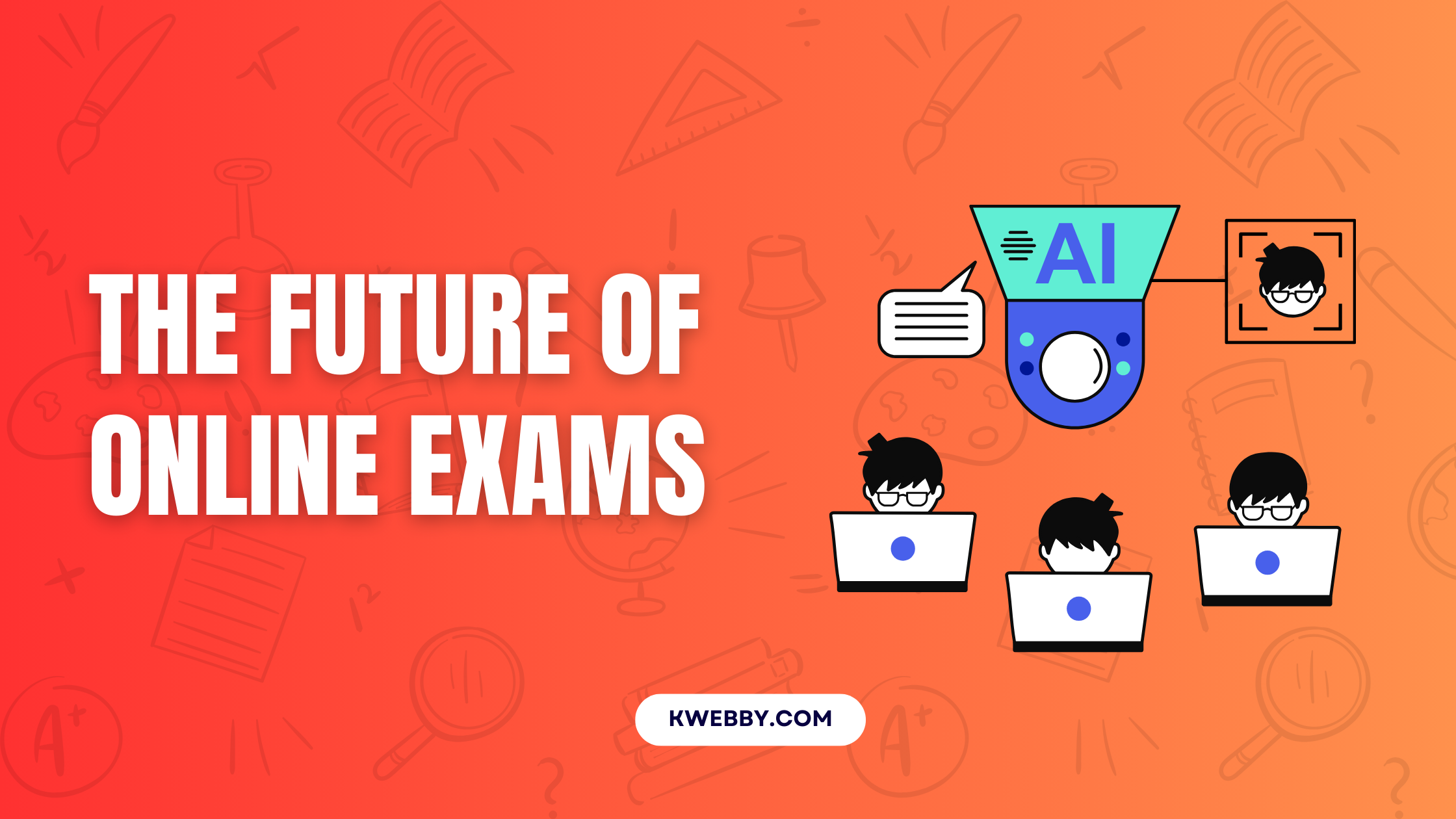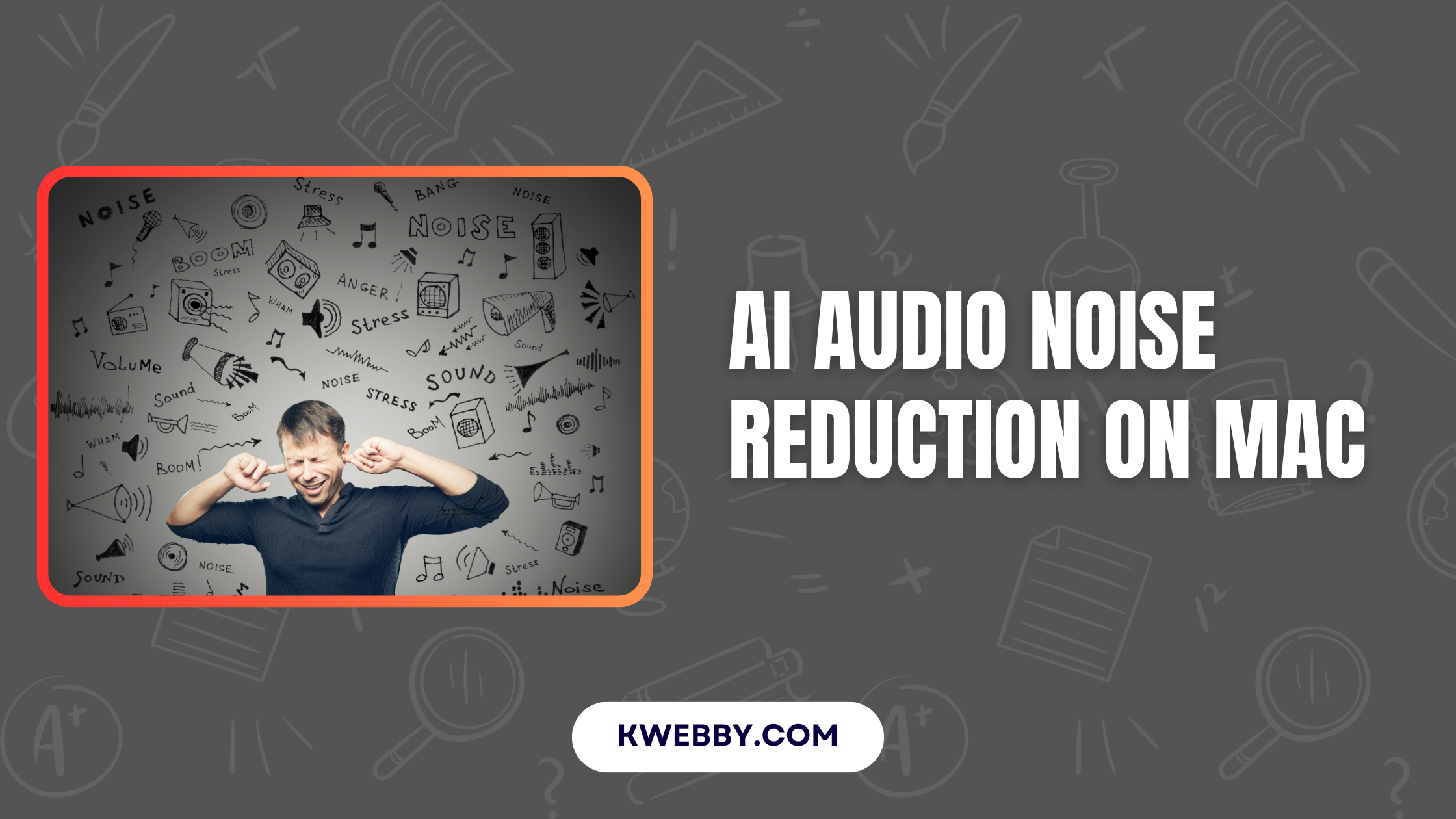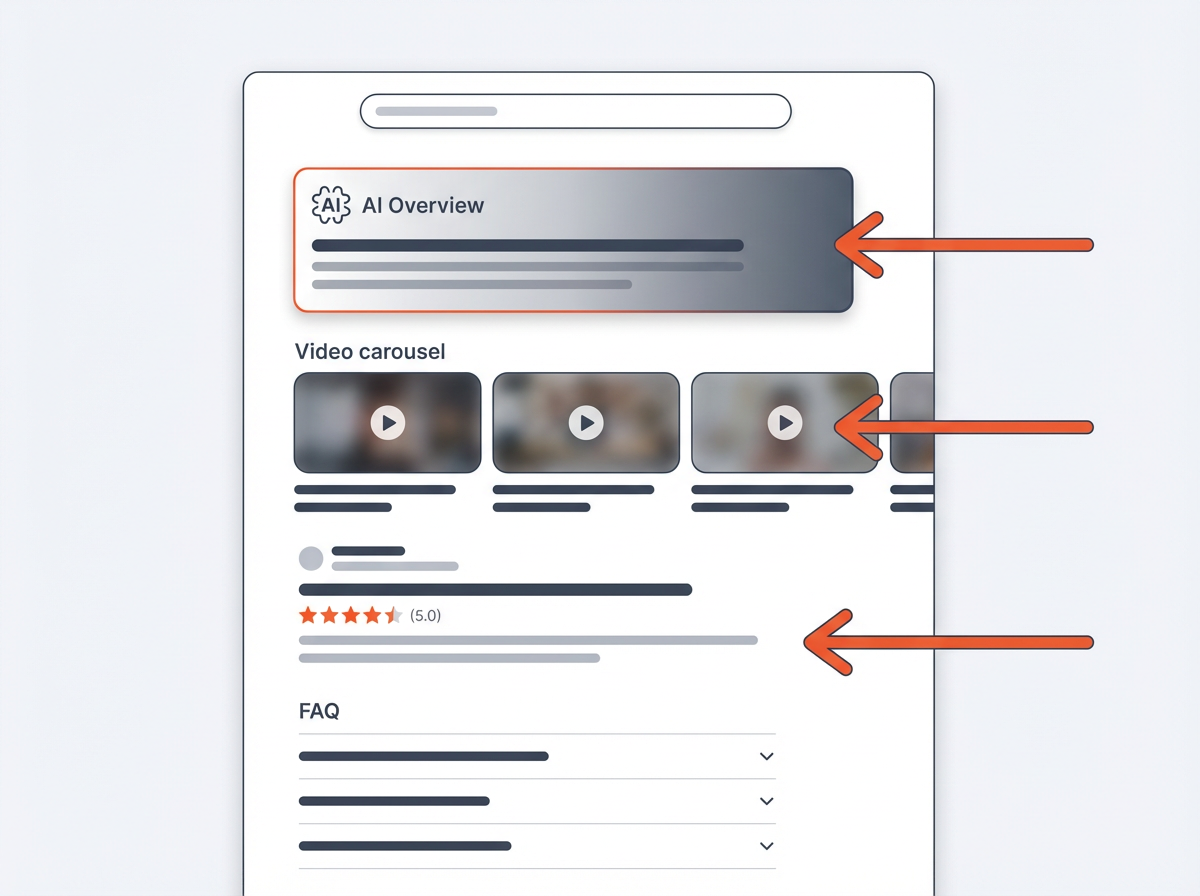Online exams have become an integral part of modern education and professional assessments, but their evolution is far from over. By 2030, advancements in technology and changes in global needs are set to transform the way candidates experience exams.
From AI-driven proctoring to personalized test environments, the future promises more accessibility, efficiency, and fairness. Understanding these upcoming changes is crucial for test-takers and institutions as they prepare to adapt to this rapidly shifting landscape.
Market Growth And Adoption by Numbers
The online exam proctoring market is experiencing rapid growth, driven by technological advancements and increasing demand for flexible, secure assessment solutions. Several key trends highlight this expansion:
- Global Expansion: The market is projected to grow from $836.43 million in 2023 to $1.99 billion by 2029, reflecting a robust CAGR of approximately 16%. This growth underscores the rising global adoption of online proctoring technologies.
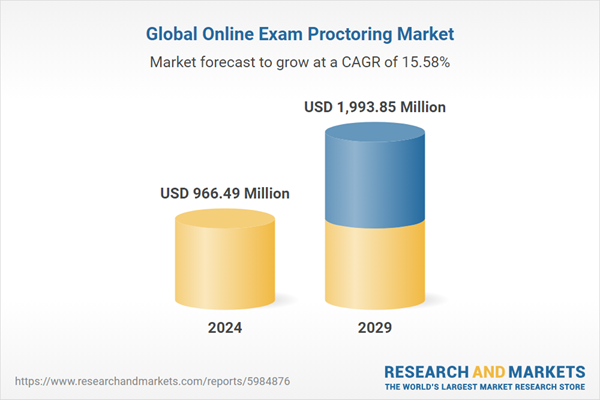
- US Market Dynamics: The United States is a significant contributor to this growth, with the market expected to expand from $160 million in 2024 to $370 million by 2030, achieving an impressive CAGR of around 18%.
- Corporate and Certification Demand: The surge in corporate training programs and online certifications has intensified the need for secure, scalable online examination solutions, further fueling market expansion.
- AI Adoption in Education: As of 2025, 85% of educational institutions have integrated some form of AI into their operations, reflecting a significant shift towards technology-enhanced learning.
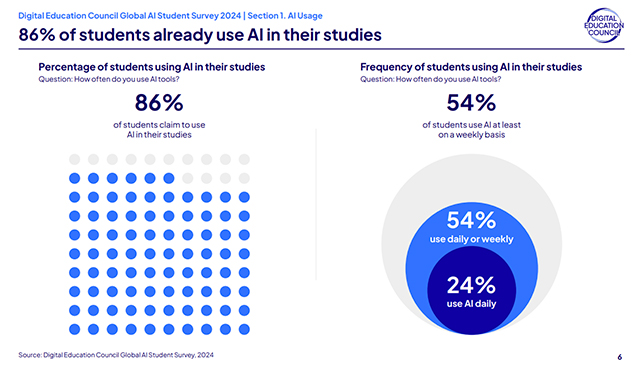
- Student Engagement with AI: A survey revealed that 60% of students are comfortable using AI-driven educational tools, indicating a growing acceptance and reliance on AI in their academic pursuits.
- Faculty Training: To support this transition, 42% of universities are actively training faculty members on integrating AI into their teaching methodologies.
These trends underscore the growing reliance on innovative proctoring systems to meet the evolving needs of educational institutions and professional organizations worldwide.
Technological Innovation
Technological advancements are revolutionizing the online proctoring landscape, making remote assessments more secure, efficient, and trustworthy. Below are some key innovations transforming the industry:
- AI-Driven Proctoring: Powered by advanced AI algorithms, this technology monitors test-taker behavior in real time, identifies irregularities, and ensures exam integrity without requiring constant human oversight.
- Biometric Authentication: Facial and voice recognition are emerging as standard tools for identity verification, significantly reducing the risk of impersonation and other fraudulent activities.
- Dual-Camera Systems: Dual-camera setups provide a more comprehensive view by capturing both the test-taker and their surroundings, offering enhanced monitoring capabilities to prevent cheating.
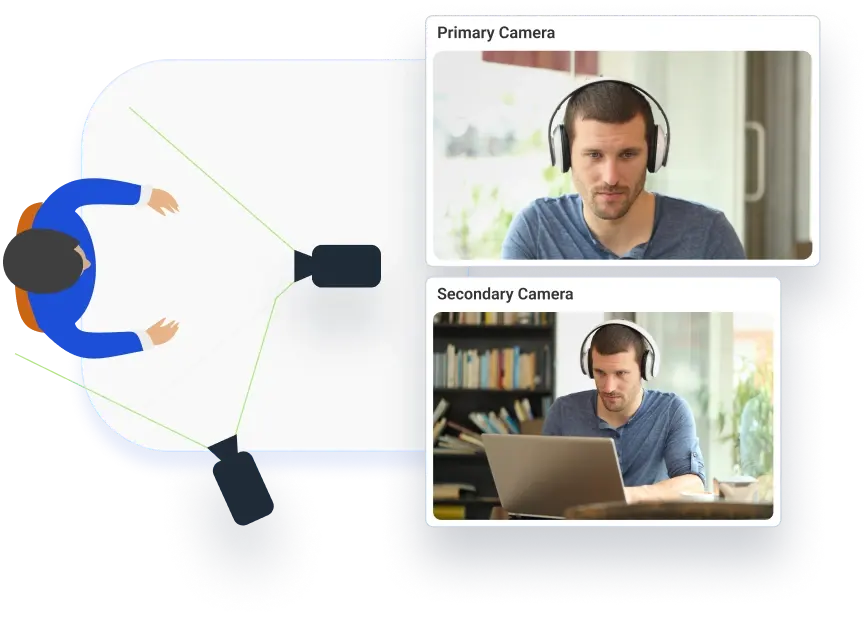
These innovations are setting a new benchmark for secure and seamless online testing processes, ultimately supporting the increasing global demand for remote assessments.
AI-Powered Personalized Exam Experiences
Artificial intelligence is set to transform online exams by creating personalized assessments for each candidate. With more advanced adaptive testing, exams will adjust question difficulty in real-time based on a candidate’s responses, delivering a more accurate measure of their skills and knowledge.
- What’s Changing: Exams will feel tailored to each individual, with questions adapting to match their proficiency level.
- Why It Matters: This approach reduces test anxiety by avoiding overly difficult or too-simple questions and ensures results reflect true ability.
Additionally, AI will analyze past performance data to offer personalized study recommendations, helping candidates focus on their weaker areas before the exam.
Immersive Virtual Reality (VR) and Augmented Reality (AR) Testing Environments
By 2030, VR and AR technologies will revolutionize exams by creating immersive, real-world simulations. Picture a medical licensing exam conducted in a virtual operating room or a cybersecurity test in a simulated network environment.
- What’s Changing: Candidates will use VR headsets or AR-enabled devices to participate in interactive, hands-on assessments that focus on practical skills in a virtual setting.
- Why It Matters: These innovative environments will connect theoretical learning with real-world application, making certifications more practical and job-relevant.
Enhanced Security with Biometric and Behavioral Monitoring
As online exams continue to rise in popularity, maintaining integrity remains a top priority. By 2030, advanced biometric authentication—like facial recognition, iris scanning, and even heartbeat analysis—will become the norm for verifying candidate identity.
- What’s Changing: Candidates will experience quick, non-intrusive identity checks before and during exams. AI-powered behavioral monitoring will detect suspicious actions, such as unusual eye movements or the use of unauthorized devices.
- Why It Matters These enhanced security measures will uphold trust in online certifications while providing candidates with a smoother, more efficient proctoring experience compared to today’s webcam-based solutions.
Blockchain-Based Credentialing and Verification
Blockchain technology is set to revolutionize the way exam results and credentials are stored and shared. By 2030, digital certificates will be issued on blockchain platforms, making them tamper-proof and easily verifiable by employers and institutions.
- What’s Changing: Candidates will have secure, portable digital credentials they can share instantly, replacing paper certificates and lengthy verification steps.
- Why it Matters: This simplifies hiring processes and offers candidates more control over their professional records.
Gamified and Collaborative Exam Formats
Traditional multiple-choice exams are set to evolve into more interactive, gamified formats. By 2030, assessments could take the form of challenges or simulations, where participants earn points, unlock levels, or solve puzzles to showcase their knowledge.
- What’s Changing: Exams may include collaborative tasks, requiring candidates to work in virtual teams to solve complex problems, mirroring real-world work scenarios.
- Why It Matters: Gamified exams will be more engaging and less intimidating, while collaborative formats will evaluate teamwork, communication, and technical skills all at once.
Seamless Integration with Learning Platforms
By 2030, online exams will be fully integrated with learning management systems (LMS) and professional development platforms, creating a seamless transition from studying to testing. Real-time feedback will guide candidates through their progress within the same ecosystem.
- What’s Changing: After finishing an exam, candidates will gain access to detailed performance insights, highlighting their strengths, areas for improvement, and personalized resources for further learning.
- Why It Matters: This approach transforms exams into a natural part of the learning journey, fostering continuous skill growth and development.
Global Accessibility and Inclusivity
Education will become more accessible as online exams expand globally. By 2030, exams will support multiple languages and include built-in accommodations like screen readers, voice input, and adjustable time limits for individuals with disabilities.
- What’s Changing: People from all backgrounds will have equal opportunities to earn certifications, no matter their location, language, or abilities.
- Why It Matters: Greater inclusivity will empower a diverse global workforce, helping more individuals upskill and thrive in the job market.
Preparing for the Future
The future of online exams promises a more engaging, secure, and personalized experience for candidates. To prepare, focus on improving digital literacy, staying updated on emerging technologies like VR and AI, and adopting a mindset of continuous learning. For institutions and exam providers, the priority lies in investing in secure, scalable platforms that enhance the candidate experience without compromising integrity.
By 2030, online exams will go beyond testing knowledge—they’ll help prepare candidates for dynamic, tech-driven workplaces. Embracing this change now will set you up for success in the future.
While 2030 may feel far off, platforms like Testizer already offer high-quality language and skill assessments designed with the future in mind.
Frequently Asked Questions (FAQs)
1. How will AI ensure fairness in adaptive online exams by 2030?
AI-powered adaptive exams will use sophisticated algorithms to adjust question difficulty based on a candidate’s performance in real-time, ensuring fairness across varying skill levels. These systems will be trained on diverse global datasets and undergo regular audits to eliminate biases related to culture or socioeconomic factors. Candidates will also benefit from transparent scoring systems, with detailed post-exam reports explaining their results.
2. Will VR/AR exams require expensive equipment?
Although VR and AR exams will utilize immersive technologies, providers are expected to offer cost-effective solutions by 2030. Many platforms will support affordable options like smartphone-based AR or lightweight VR headsets. Additionally, some testing centers may provide rental equipment, and cloud-based streaming will reduce the reliance on premium hardware, making these exams more accessible.
3. How will online exams accommodate candidates with limited internet access?
By 2030, exam platforms will focus on offline and low-bandwidth solutions to broaden access. These exams may feature downloadable modules that sync results when connectivity is restored. Testing hubs, like libraries or community centers with reliable internet, will also be established in underserved areas to ensure everyone can participate.
4. What role will human proctors play in future online exams?
While AI and biometric monitoring will handle most exam supervision, human proctors will remain essential for addressing complex scenarios, such as resolving technical issues or reviewing flagged behaviors. By 2030, proctors will serve as “exam concierges,” providing real-time support through chat or video to enhance the overall candidate experience.
5. How will blockchain credentials benefit candidates in the job market?
Blockchain-based credentials will enable candidates to create secure, portable digital portfolios that employers can verify instantly. By 2030, these credentials will include micro-certifications for specific skills, allowing candidates to demonstrate niche expertise. Employers will trust the authenticity of these qualifications, streamlining the hiring process.
6. Will gamified exams be taken as seriously as traditional formats?
Yes, gamified exams will be carefully designed to assess critical skills while maintaining credibility for academic and professional purposes. By 2030, these exams will be widely recognized, especially since they measure problem-solving, creativity, and collaboration—skills highly valued in modern workplaces. Standardized metrics will ensure their comparability with traditional exams.
7. How will online exams handle data privacy in 2030?
Data privacy will be a top priority for online exams, with strict regulations like GDPR and other global standards in place. Platforms will implement end-to-end encryption to protect candidate data and anonymize performance analytics. Candidates will have control over their information, with options to delete or restrict access to their records. Blockchain technology will also provide secure, decentralized storage for credentials to minimize breach risks.
8. Can candidates prepare for VR/AR or gamified exams using current tools?
Yes, candidates can start preparing by exploring VR/AR tools through gaming or educational apps. Simulation-based learning platforms, such as coding sandboxes or virtual labs, can also help build familiarity with these formats. By 2030, exam providers are likely to offer free practice modules to help candidates adjust to these innovative testing environments.
9. Will online exams in 2030 support lifelong learning?
Definitely. Online exams will become part of continuous learning systems, giving candidates opportunities to earn certifications at every career stage. Modular exams will allow for incremental upskilling, with AI offering personalized recommendations for exam paths based on career goals. This flexibility will make lifelong learning more achievable and aligned with changing industry needs.
10. How will online exams address test anxiety in the future?
Future exams will include AI-driven features to ease anxiety, such as guided breathing exercises or mindfulness modules before the exam. Adaptive testing will reduce frustration by tailoring question difficulty to the candidate’s skill level, and gamified formats will make exams feel more engaging. Real-time feedback during practice tests will also help candidates build confidence ahead of the exam.
Final Thoughts!
Online exams are continually evolving to meet the needs of a diverse and tech-savvy generation. By integrating innovative features, they aim to create a more accessible, inclusive, and stress-free experience for learners worldwide. As technology progresses, the focus will remain on ensuring fairness, accuracy, and a supportive environment that empowers candidates to succeed. Ultimately, these advancements signify a promising step forward in the future of education and assessment.

